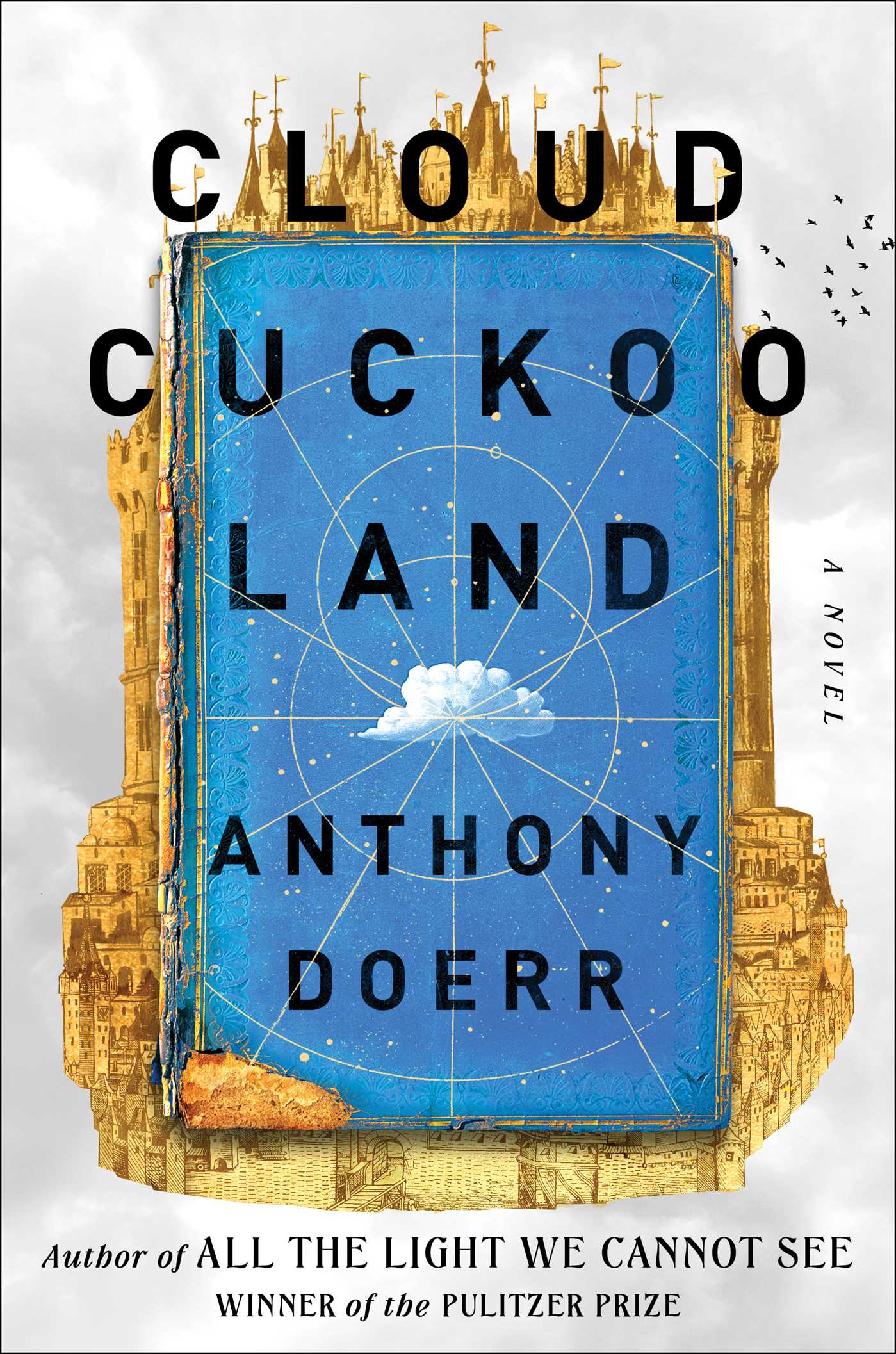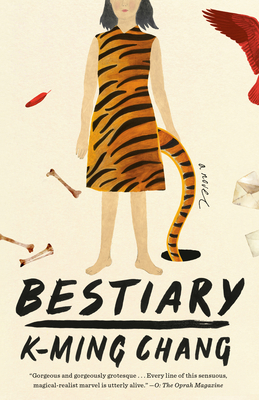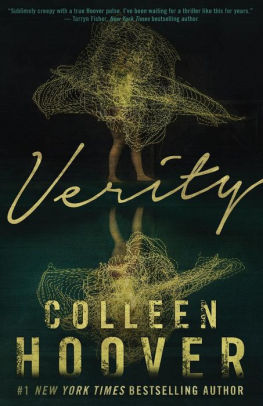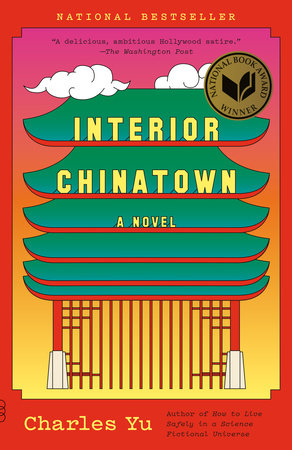A bookish conundrum I often run into is attempting to explain the premise of my current read to someone . . . and finding myself at a loss for how to describe it. Some books are so epic in scope, such feats of literary ambition, that I cannot merely summarize them in a few words. However, that never stops me from trying! Here are eight books with sprawling worlds, intricately detailed plots, and sweeping themes that are nearly impossible to describe succinctly—but I love a good challenge.

8 Ambitious Books That Are (Nearly) Impossible to Describe
I cannot in good conscience write a post concerning epic novels without including Anthony Doerr’s CLOUD CUCKOO LAND. One of the most daring literary feats from the past year, CLOUD CUCKOO LAND spans three separate timelines, all interconnected by the same story. In fifteenth-century Constantinople, an orphan girl named Anna learns to read through the help of the story of Aethon, who longs to be turned into a bird so he can fly to a utopian paradise in the sky. In present day Idaho, octogenarian Zeno directs children in a play adaptation of Aethon’s story, and in the not-so-distant future, aboard the interstellar ship Argos, Konstance records the story of Aethon as told to her by her father. CLOUD CUCKOO LAND is vast and brilliant, an ode to the power of stories and libraries.
From the Pulitzer Prize–winning author of All the Light We Cannot See, perhaps the most bestselling and beloved literary fiction of our time, comes a triumph of imagination and compassion, a soaring novel about children on the cusp of adulthood in a broken world, who find resilience, hope, and story.
The heroes of Cloud Cuckoo Land are trying to figure out the world around them: Anna and Omeir, on opposite sides of the formidable city walls during the 1453 siege of Constantinople; teenage idealist Seymour in an attack on a public library in present day Idaho; and Konstance, on an interstellar ship bound for an exoplanet, decades from now. Like Marie-Laure and Werner in All the Light We Cannot See, Anna, Omeir, Seymour, and Konstance are dreamers and outsiders who find resourcefulness and hope in the midst of peril.
An ancient text—the story of Aethon, who longs to be turned into a bird so that he can fly to a utopian paradise in the sky—provides solace and mystery to these unforgettable characters. Doerr has created a tapestry of times and places that reflects our vast interconnectedness—with other species, with each other, with those who lived before us and those who will be here after we’re gone.
Dedicated to “the librarians then, now, and in the years to come,” Cloud Cuckoo Land is a hauntingly beautiful and redemptive novel about stewardship—of the book, of the Earth, of the human heart.
MENTIONED IN:
I picked up BESTIARY by K-Ming Chang earlier this year from the library, and I can tell you with 100 percent confidence that I have never read a book quite like this one. In this wildly ambitious debut novel (seriously, how is this a debut?), BESTIARY is a multigenerational saga infused with queer love and magical realism based upon Taiwanese folklore.
One night, Mother tells Daughter the story of Hu Gu Po, a tiger spirit who hungered to eat the toes of children. The next day, Daughter wakes up with a tiger’s tail, only the start of a series of mysterious events that happens to Daughter and her family. Soon, holes in the backyard spit up letters from Daughter’s grandmother, her brother attempts flight, and she meets Ben, a young neighborhood girl with her own set of strange powers.
Similarly to BESTIARY, A PAPER SON blends history with the supernatural to tell a story about a Chinese family immigrating to the United States. While drinking his morning tea, aspiring author Peregrine Long sees a Chinese family aboard a ship in the tea. Inspired by his vision, he begins to write the story of this family. However, things take a turn for the strange when a woman shows up at Peregrine’s door and claims that he is writing her family’s history exactly as it happened. As a major tempest hits San Francisco, Peregrine and the woman begin to search for what happened to the little boy on the ship, the woman’s long-lost uncle.
Grade school teacher and aspiring author Peregrine Long sees a Chinese family on board a ship--in his morning tea. The image inspires him to write the story of this family, but then a woman turns up at his door, claiming that he's writing her family history exactly as it happened. She doesn't like it, but she has one question: What happened to the little boy of the family, her long-lost uncle?
Throughout the course of a month-long tempest that begins to wash the peninsula out from beneath them, Peregrine searches modern-day San Francisco and its surroundings--and, through his continued writing, southern China and the Pacific immigration experience of a century ago--for the missing boy. The clues uncovered lead Peregrine to question not only the nature of his writing, but also his knowledge of his own past and his understanding of his identity.
In YONDER, Jabari Asim redefines the American slavery novel, centering the love and forged bonds between enslaved men and women and weaving in magical realism and African folklore. Told in multiple perspectives, YONDER follows a group that calls themselves the Stolen as they are forced into arduous labor and subjected to the whims of their captors, the Thieves. The Stolen endure day by day through the strength of their friendship; however, when a visiting minister visits Placid Hill and preaches ideas of freedom, they must decide who to trust and whether to pursue the unknown.
The Water Dancer meets The Prophets in this spare, gripping, and beautifully rendered novel exploring love and friendship among a group of enslaved Black strivers in the mid-19th century.
They call themselves the Stolen. Their owners call them captives. They are taught their captors’ tongues and their beliefs but they have a language and rituals all their own.
In a world that would be allegorical if it weren’t saturated in harsh truths, Cato and William meet at Placid Hall, a plantation in an unspecified part of the American South. Subject to the whims of their tyrannical and eccentric captor, Cannonball Greene, they never know what harm may befall them: inhumane physical toil in the plantation’s quarry by day, a beating by night, or the sale of a loved one at any moment. It’s that cruel practice—the wanton destruction of love, the belief that Black people aren’t even capable of loving—that hurts the most.
It hurts the reserved and stubborn William, who finds himself falling for Margaret, a small but mighty woman with self-possession beyond her years. And it hurts Cato, whose first love, Iris, was sold off with no forewarning. He now finds solace in his hearty band of friends, including William, who is like a brother; Margaret; Little Zander; and Milton, a gifted artist. There is also Pandora, with thick braids and long limbs, whose beauty calls to him.
Their relationships begin to fray when a visiting minister with a mysterious past starts to fill their heads with ideas about independence. He tells them that with freedom comes the right to choose the small things—when to dine, when to begin and end work—as well as the big things, such as whom and how to love. Do they follow the preacher and pursue the unknown? Confined in a landscape marked by deceit and uncertainty, who can they trust?
In an elegant work of monumental imagination that will reorient how we think of the legacy of America’s shameful past, Jabari Asim presents a beautiful, powerful, and elegiac novel that examines intimacy and longing in the quarters while asking a vital question: What would happen if an enslaved person risked everything for love?
Colleen Hoover’s VERITY falls into a unique category—this suspense novel is nearly impossible to describe because doing so will put you at risk for giving away a major spoiler. To optimally experience VERITY is to go in with a basic understanding of the plot, and let the book take you for a wild ride.
What I can tell you about VERITY is this—the story follows Lowen Ashleigh, a struggling writer down on her luck. When she is given the opportunity to complete the book series of famous author Verity Crawford as she recovers from an injury, she takes it. However, when Lowen stumbles upon Verity’s autobiography she didn’t intend for anyone to see, Lowen struggles with the decision to hide the pages or show them to Verity’s husband, Jeremy, whom she is slowly falling for…
MENTIONED IN:
Like VERITY, Iain Reid’s books are complicated to describe due to the need to withhold spoilers. A master of the philosophical thriller, Reid always manages to keep readers guessing, and it is best to approach his books with only an ounce of context. In FOE, he explores themes of marriage and identity through protagonists Junior and Henrietta. The married couple is used to their solitary lifestyle on their farm, until one day a stranger from the city shows up, stating that Junior has been selected to travel very far away from the farm. However, Henrietta will not be alone for a second, as familiar company will be joining her at the farmhouse. Full of suspense, FOE keeps readers on their toes until its shocking conclusion. Make sure you pick this one up before Reid’s gripping third novel, WE SPREAD, comes out on September 27!
MENTIONED IN:
INTERIOR CHINATOWN is my current read, and thus my most recent example of a book that’s so inventive and complex, I find it hard to briefly describe its premise to others. The novel tackles themes of Asian-American identity, racial stereotyping, and typecasting through its main character, Willis Wu. Willis does not perceive himself as the protagonist of his own life; he is merely Generic Asian Man. While relegated to the background in his real life and as an actor on the procedural cop show Black and White, he dreams of being Kung Fu Guy. When Willis stumbles into the spotlight, he begins to question the role he is playing in his own life, and starts to wonder if he can be more than Kung Fu Guy.
Kate Walbert takes a wholly original approach to the historical fiction genre with THE GARDENS OF KYOTO. Walbert examines the toll of World War II through Ellen, a woman recounting its events forty years later. Her memories of this period are greatly colored by the death of her beloved cousin Randall, who was killed on Iwo Jima. Utilizing Randall’s diary and a book called The Gardens of Kyoto, Ellen shares both Randall’s and her legacy, discussing the war’s impact on those who fought and those who stayed at home.
From the National Book Award nominated, New York Times bestselling author of A Short History of Women and The Sunken Cathedral, Walbert’s beautiful and heartbreaking novel about a young woman coming of age in the long shadow of World War II—“An intricately plotted, thrillingly imagined narrative...A masterpiece” (The New York Times Book Review).
Forty years after enduring the Second World War as a young woman, Ellen relates the events of this turbulent period, beginning with the death of her favorite cousin, Randall, with whom she shared Easter Sundays, childhood secrets, and, perhaps, the first taste of love. When he dies on Iwo Jima, she turns to the legacy he left her: his diary and a book called The Gardens of Kyoto. Each one subtly influences her perception of her place in the world, the nature of her memories.
Moving back and forth through time and place, Kate Walbert recreates a world touched by the shadows of war and a society in which women fit their desires into prescribed roles. Unfolding in lyrical, seductive prose, The Gardens of Kyoto becomes a mesmerizing exploration of the interplay of love and loss.
Photo credit: iStock / takayib



















